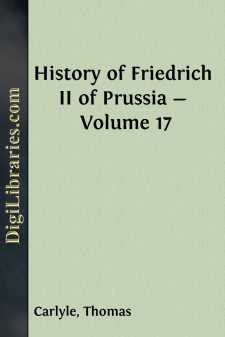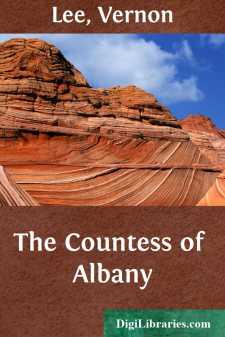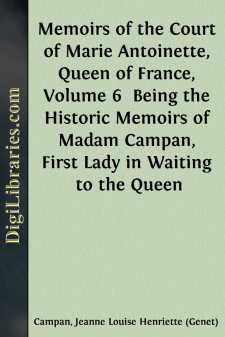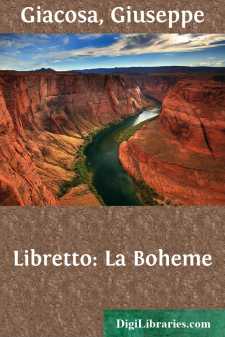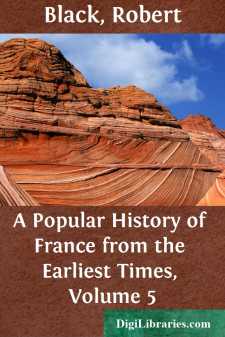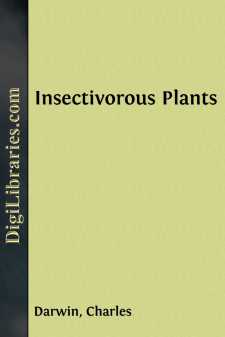Categories
- Antiques & Collectibles 13
- Architecture 36
- Art 48
- Bibles 22
- Biography & Autobiography 813
- Body, Mind & Spirit 142
- Business & Economics 28
- Children's Books 17
- Children's Fiction 14
- Computers 4
- Cooking 94
- Crafts & Hobbies 4
- Drama 346
- Education 46
- Family & Relationships 57
- Fiction 11829
- Games 19
- Gardening 17
- Health & Fitness 34
- History 1377
- House & Home 1
- Humor 147
- Juvenile Fiction 1873
- Juvenile Nonfiction 202
- Language Arts & Disciplines 88
- Law 16
- Literary Collections 686
- Literary Criticism 179
- Mathematics 13
- Medical 41
- Music 40
- Nature 179
- Non-Classifiable 1768
- Performing Arts 7
- Periodicals 1453
- Philosophy 64
- Photography 2
- Poetry 896
- Political Science 203
- Psychology 42
- Reference 154
- Religion 513
- Science 126
- Self-Help 84
- Social Science 81
- Sports & Recreation 34
- Study Aids 3
- Technology & Engineering 59
- Transportation 23
- Travel 463
- True Crime 29
Sort by:
by:
Thomas Carlyle
Chapter I.—WHAT FRIEDRICH HAD READ IN THE MENZEL DOCUMENTS. The ill-informed world, entirely unaware of what Friedrich had been studying and ascertaining, to his bitter sorrow, for four years past, was extremely astonished at the part he took in those French-English troubles; extremely provoked at his breaking out again into a Third Silesian War, greater than all the others, and kindling all Europe...
more...
by:
Vernon Lee
In preparing this volume on the Countess of Albany (which I consider as a kind of completion of my previous studies of eighteenth-century Italy), I have availed myself largely of Baron Alfred von Reumont's large work Die Gräfin von Albany (published in 1862); and of the monograph, itself partially founded on the foregoing, of M. St. René Taillandier, entitled La Comtesse d'Albany, published...
more...
In the beginning of the spring of 1791, the King, tired of remaining at the Tuileries, wished to return to St. Cloud. His whole household had already gone, and his dinner was prepared there. He got into his carriage at one; the guard mutinied, shut the gates, and declared they would not let him pass. This event certainly proceeded from some suspicion of a plan to escape. Two persons who drew near the...
more...
by:
Giuseppe Giacosa
SYNOPSIS The opera is founded on Henri Murger's book "La Vie de Bohème." ACT I Rudolph and Marcel are sitting in the latter's attic-studio in the Quartier Latin, in Paris. Marcel is absorbed in his painting. The day is cold. They have no money to buy coal. Marcel takes a chair to burn it, when Rudolph remembers that he has a manuscript which has been rejected by the publishers and...
more...
by:
Robert Black
CHAPTER XXXV. HENRY IV., PROTESTANT KING. (1589-1593.) On the 2d of August, 1589, in the morning, upon his arrival in his quarters at Meudon, Henry of Navarre was saluted by the Protestants King of France. They were about five thousand in an army of forty thousand men. When, at ten o'clock, he entered the camp of the Catholics at St. Cloud, three of their principal leaders, Marshal d'Aumont,...
more...
by:
Jacob Abbott
CHAPTER I. INFANCY. King Charles the Second was the son and successor of King Charles the First. These two are the only kings of the name of Charles that have appeared, thus far, in the line of English sovereigns. Nor is it very probable that there will soon be another. The reigns of both these monarchs were stained and tarnished with many vices and crimes, and darkened by national disasters of every...
more...
by:
Arlo Bates
I. It was certainly not strange that Prince Vance was so stupefied with astonishment that he sat for a full half-hour foolishly staring before him, without an effort to move a muscle or to stir from his seat. Indeed, it is probable that any other prince in the same circumstances would have been equally struck dumb with amazement,—as any one may see who will attend while I go back to the beginning,...
more...
by:
John Galsworthy
"The Forsyte Saga" was the title originally destined for that part of it which is called "The Man of Property"; and to adopt it for the collected chronicles of the Forsyte family has indulged the Forsytean tenacity that is in all of us. The word Saga might be objected to on the ground that it connotes the heroic and that there is little heroism in these pages. But it is used with a...
more...
by:
Charles Darwin
Enamel and Dentine.—As the secretion decalcified ordinary bone, I determined to try whether it would act on enamel and dentine, but did not expect that it would succeed with so hard a substance as enamel. Dr. Klein gave me some thin transverse slices of the canine tooth of a dog; small angular fragments of which were placed on four leaves; and these were examined each succeeding day at the same hour....
more...
Mrs. Beauchamp sat in a stuffy third-class carriage at Liverpool Street Station, and looked wistfully out of the window at her husband. Behind her the carriage seemed full to overflowing with children and paper parcels, and miscellaneous packages held together by straps. Even the ticket collector failed in his mental arithmetic when nurse confronted him with the tickets. "There's five halfs...
more...


